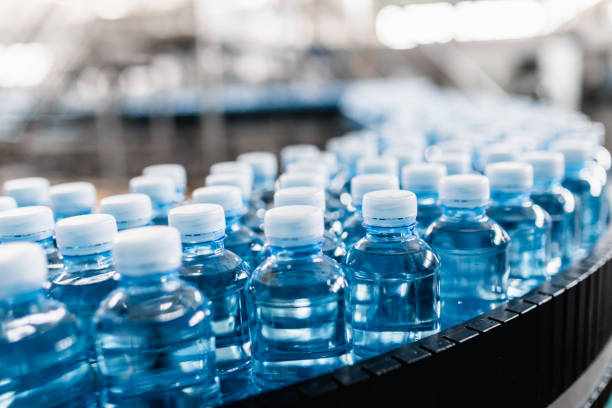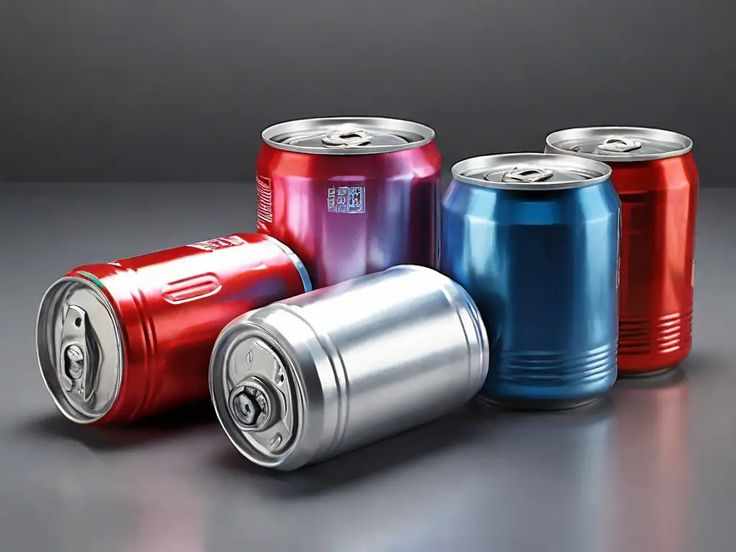
Since the increasing demand for clean, safe drinking water, starting a water bottle plant is an excellent business venture. As people become more health-conscious and access to purified water remains inconsistent, bottled water is necessary for many. In this guide, we’ll cover everything you need to know to successfully establish your water bottle plant.
1. Conduct Market Research and Choose Your Niche
The first step to starting any business is conducting thorough market research. Researching the local demand for bottled water, the types of bottled water available, and your potential competition will help you find a niche in the market. Decide whether you want to produce mineral water, spring water, or purified water. Each type of water comes with different processing methods and equipment needs, so choosing the right niche will guide your next steps.
Look for trends in consumer preferences and identify your target audience. Are you focusing on selling to individuals, corporations, or wholesalers? Are there opportunities to sell online, at retail stores, or in vending machines? Understanding your market and target customers will help shape your business strategy.
2. Develop a Business Plan
A solid business plan is the backbone of any successful venture. Your plan should include your company’s goals, target market, marketing strategy, pricing structure, and projected expenses. In this industry, upfront costs can be substantial, so outlining an accurate budget is essential.
Make sure your plan also addresses regulatory concerns, quality control, and environmental sustainability. Investors and lenders will expect to see how you plan to finance, operate, and grow the business.
3. Secure Financing
Starting a water bottling plant requires significant capital investment. You’ll need funds for land, machinery, equipment, licenses, and operational expenses. Depending on the scale of your plant, you may need a loan or investment. Seek out business loans or investors that align with your company’s goals.
Some common expenses include:
Land or Building Lease: The space needed for production, packaging, and storage.
Water Treatment Equipment: Includes filtration systems, purifiers, and reverse osmosis systems.
Bottling Equipment: Includes machines for bottling, labeling, and capping.
Packaging and Distribution: Covers the cost of bottles, labels, and distribution logistics.
4. Find a Suitable Location
The location of your plant is crucial for both production and distribution. You’ll need access to a reliable water source, so proximity to a spring, well, or groundwater is ideal. However, the water source must meet regulatory standards and pass rigorous quality tests. Alternatively, you may purchase bulk water from a certified supplier and process it in your plant.
Your location should also be accessible to suppliers and distribution networks. Ideally, choose a site near highways or distribution hubs to streamline transportation and reduce costs.
5. Obtain Licenses and Comply with Regulations
Before setting up your water bottling plant, it’s important to comply with all local and national regulations. You'll need various permits and licenses, including:
Business License: To legally operate your company.
Health Department Approvals: Ensuring that your water meets local health and safety standards.
Water Usage and Environmental Permits: Protecting your water source and ensuring sustainable practices.
Regulations vary by country, but in most places, you will need to test and certify your water regularly to ensure its quality and safety. Working with government bodies like the Food and Drug Administration (FDA) or equivalent agencies is mandatory.
6. Procure the Necessary Equipment
Investing in the right equipment is essential for the smooth operation of your plant. Depending on the type of water you’re producing, you’ll need different types of water treatment and bottling equipment. Some of the key equipment includes:
Water Filtration Systems: For purifying the water, removing impurities, and adding any necessary minerals.
Bottling Machines: For cleaning, filling, capping, and labeling the bottles.
Packaging and Storage Units: Packaging bottles and storing them before distribution.
Ensure your equipment meets industry standards and provides the necessary output for your production scale. You may want to consult experts to help configure your setup for efficiency.
7. Create a Strong Marketing and Distribution Strategy
Once your plant is set up, the next challenge is getting your product into the market. A strong marketing and distribution strategy is critical to making your brand stand out. Key steps include:
Branding: Design an attractive, memorable label for your bottled water. Highlight what makes your product unique, such as natural ingredients or environmental sustainability.
Online Presence: Set up a website and use social media platforms to engage with customers and promote your product.
Local Distribution Channels: Establish partnerships with local retailers, supermarkets, or wholesalers to ensure your water is easily accessible to consumers.
Sustainability Practices: Highlight your plant’s sustainability efforts, such as using recyclable bottles or minimizing water waste. Consumers are increasingly concerned with environmentally friendly products.
Conclusion
Starting a mineral water plant requires careful planning, substantial investment, and attention to regulations, but it can be a highly rewarding business. As the demand for clean drinking water continues to grow, establishing a water bottling plant offers significant growth opportunities. By conducting thorough market research, securing the necessary permits, and investing in the right equipment, you can position yourself for long-term success in this thriving industry.
Take the first step today by developing your business plan and conducting a feasibility study. With the right approach, you can establish a profitable water bottling plant that provides a valuable product for your customers.





















Write a comment ...